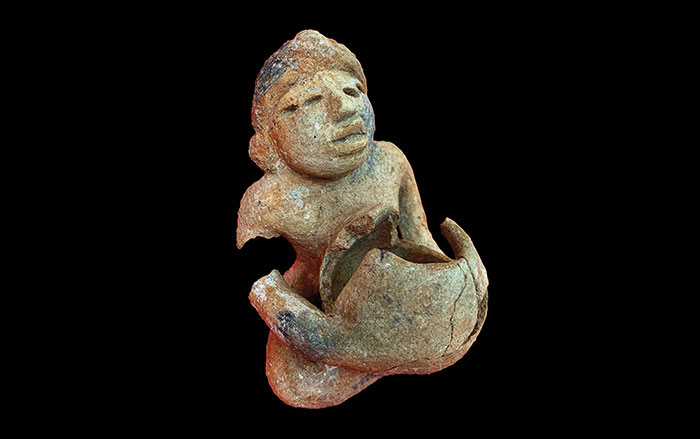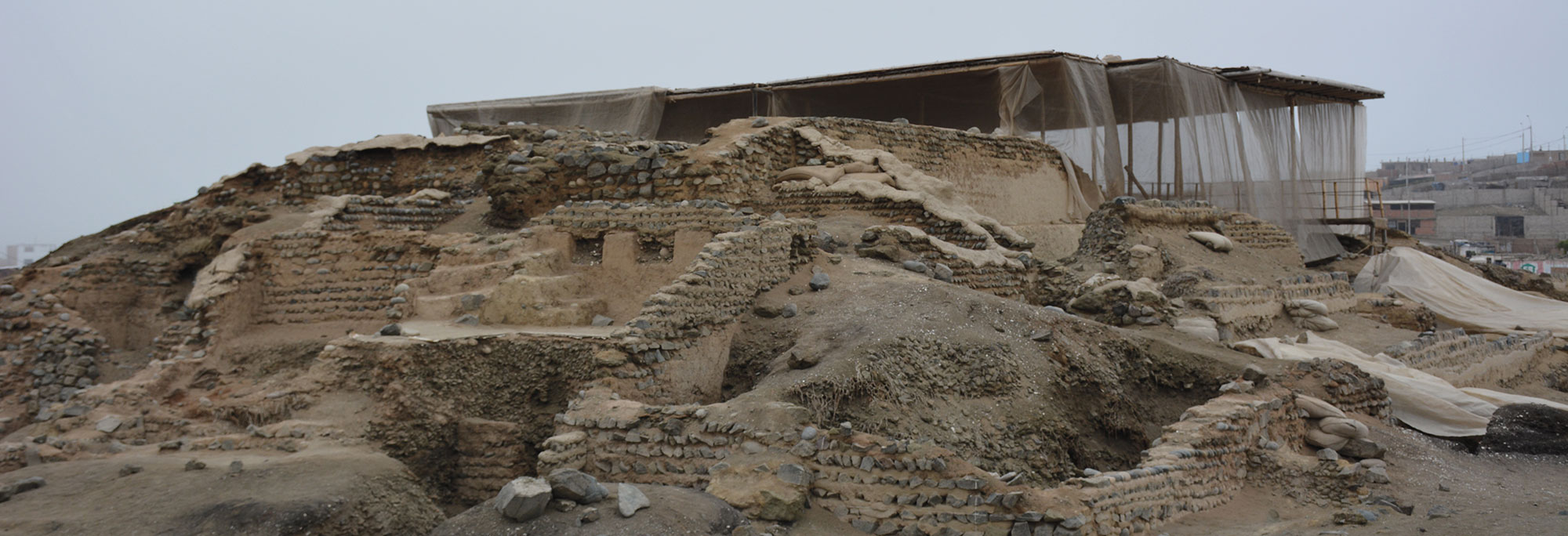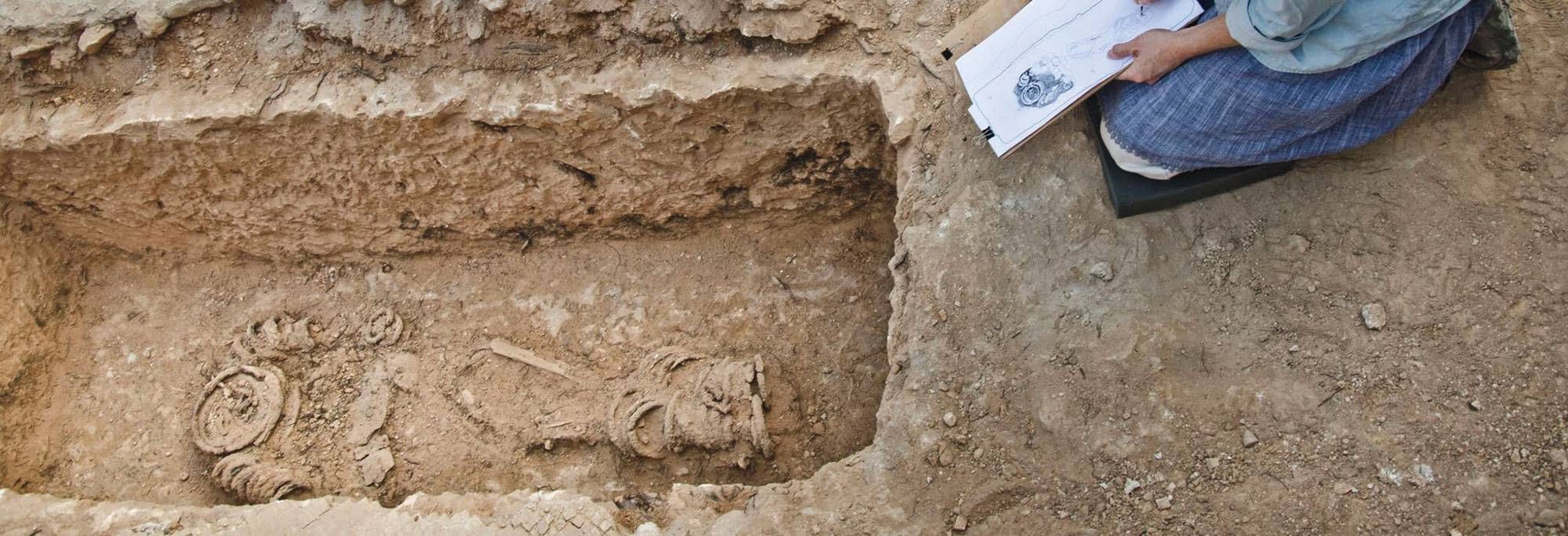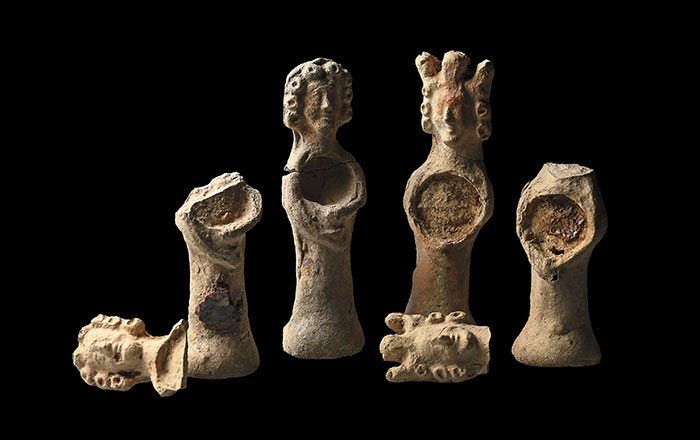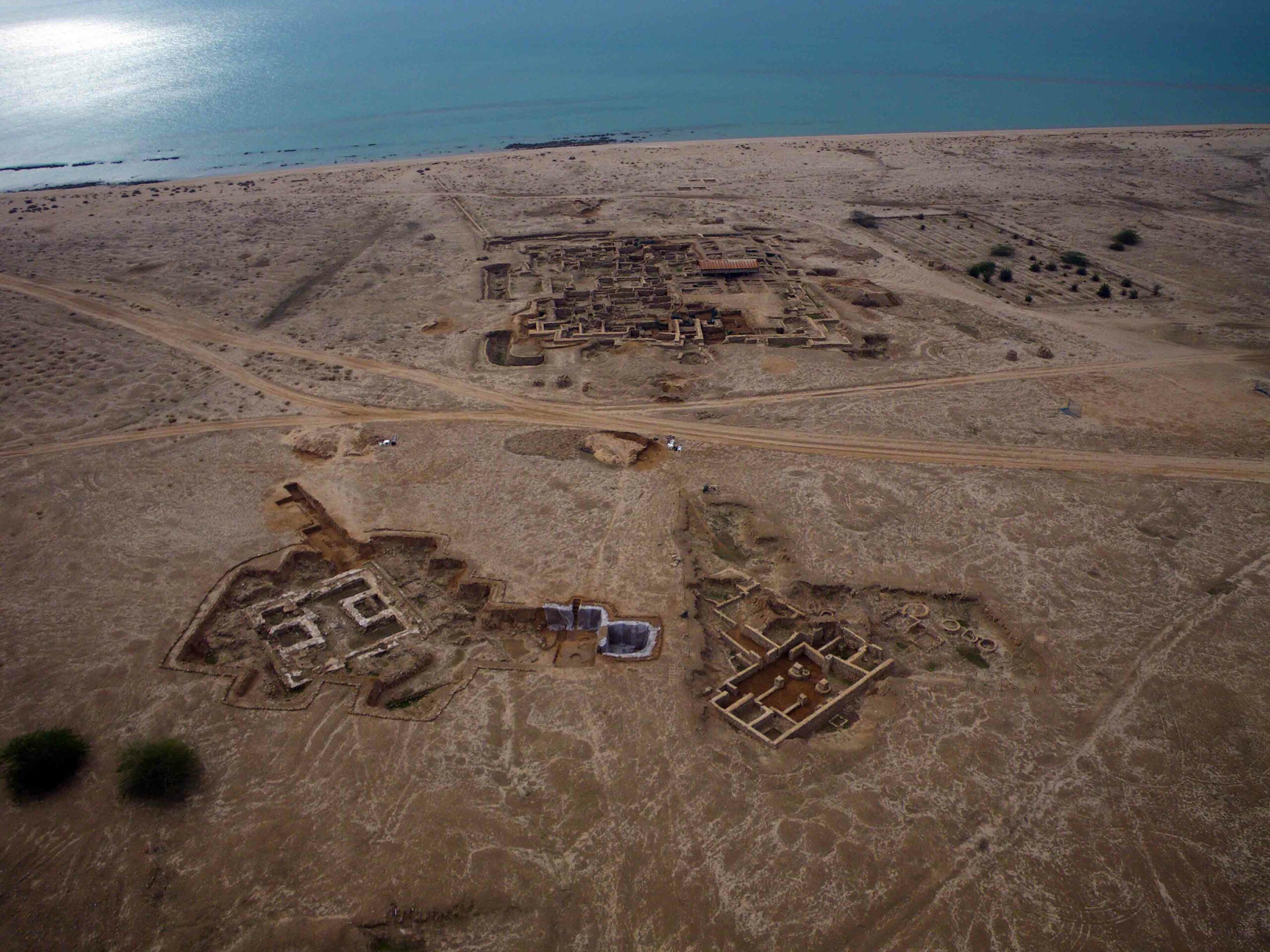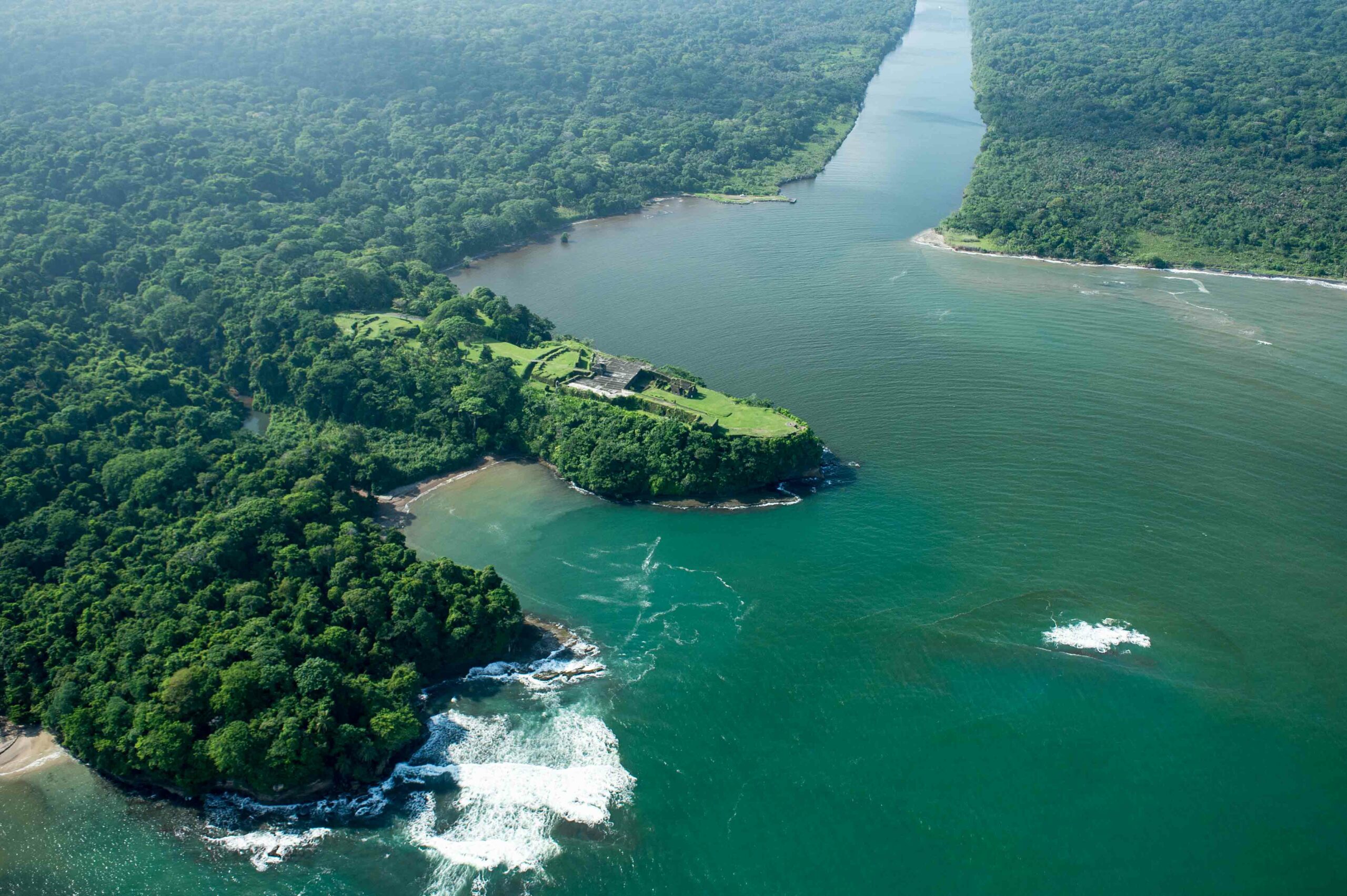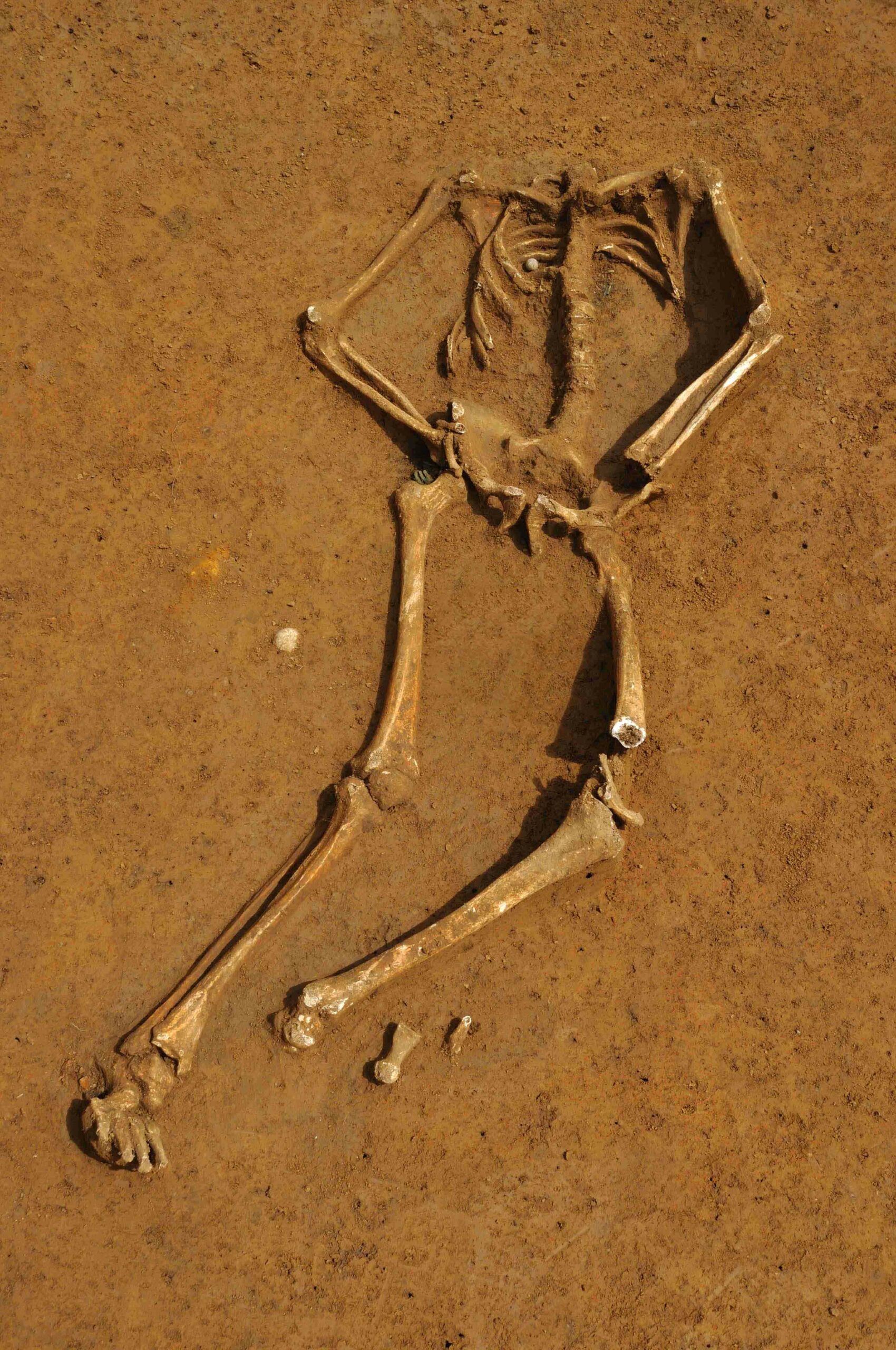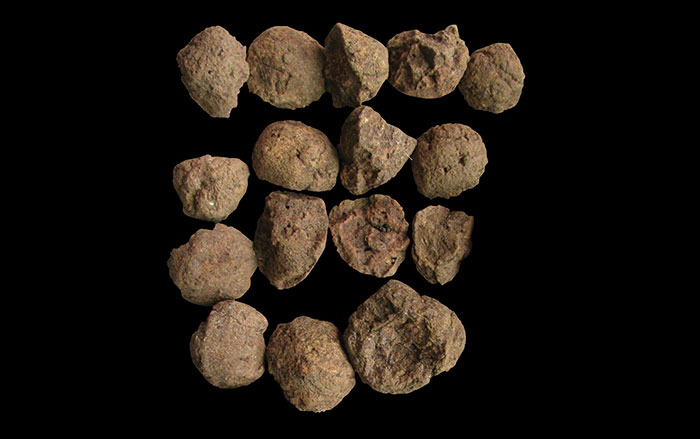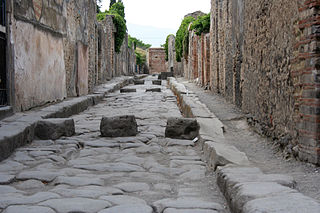
POMPEII, ITALY—The Great Pompeii Project seeks to preserve the UNESCO World Heritage Site and improve its accessibility to tourists with $137 million from the European Union. “The project is going to reshape the way things are dealt with. If we don’t preserve Pompeii, then the state has failed,” said Fabrizio Barca, Italy’s minister for territorial cohesion. Critics claim that red tape, organized crime, lack of long-range planning, and limited personnel have hindered past attempts to improve Pompeii’s condition. Stefano De Caro, who headed archaeological work at Pompeii from 1977 to 1984, thinks that too much of the site has been uncovered since excavations began in the eighteenth century. “The city has been excavated to an extent that it cannot be properly preserved, so we should just rebury parts of it. This way isn’t working, and to maintain things the way they are means certain death,” he said.



